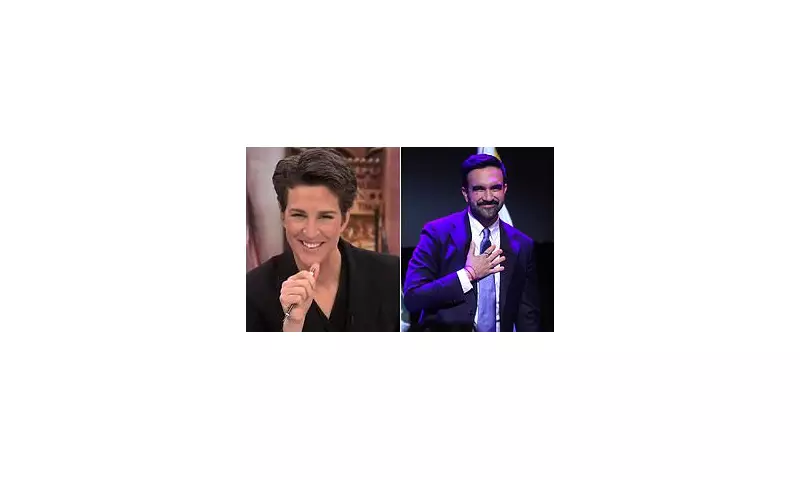
MSNBC's prominent anchor Rachel Maddow has ignited a firestorm of controversy after publicly throwing her support behind Democratic Socialist candidate Zohran Mamdani in a New York primary election, raising serious questions about journalistic impartiality.
Crossing the Line: When Journalists Become Campaigners
The celebrated television host, known for her progressive commentary, openly endorsed Mamdani during his re-election campaign for New York's 36th Assembly District. This unprecedented move has drawn sharp criticism from media watchdogs and political opponents alike, who argue it blurs the line between objective reporting and political activism.
Mamdani, a member of the Democratic Socialists of America, has been a controversial figure in New York politics, advocating for radical policy changes including housing reforms and police budget reductions.
The Backlash: Ethics Under Scrutiny
Media ethics experts have expressed deep concern about Maddow's endorsement, suggesting it compromises her credibility as an impartial journalist. "When respected journalists openly campaign for political candidates, it undermines public trust in the entire media landscape," commented one media analyst.
The controversy comes at a sensitive time for American media, with public confidence in news organisations already at historic lows. Critics argue that such overt political partisanship from high-profile journalists only deepens the divide and reinforces perceptions of media bias.
Broader Implications for Media Integrity
This incident raises fundamental questions about the role of journalists in modern political discourse:
- Should news personalities maintain strict political neutrality?
- Where should the line be drawn between personal views and professional responsibilities?
- How do such endorsements affect audience trust across the political spectrum?
The Maddow-Mamdani controversy serves as a case study in the ongoing tension between journalistic objectivity and political advocacy in today's polarised media environment.





